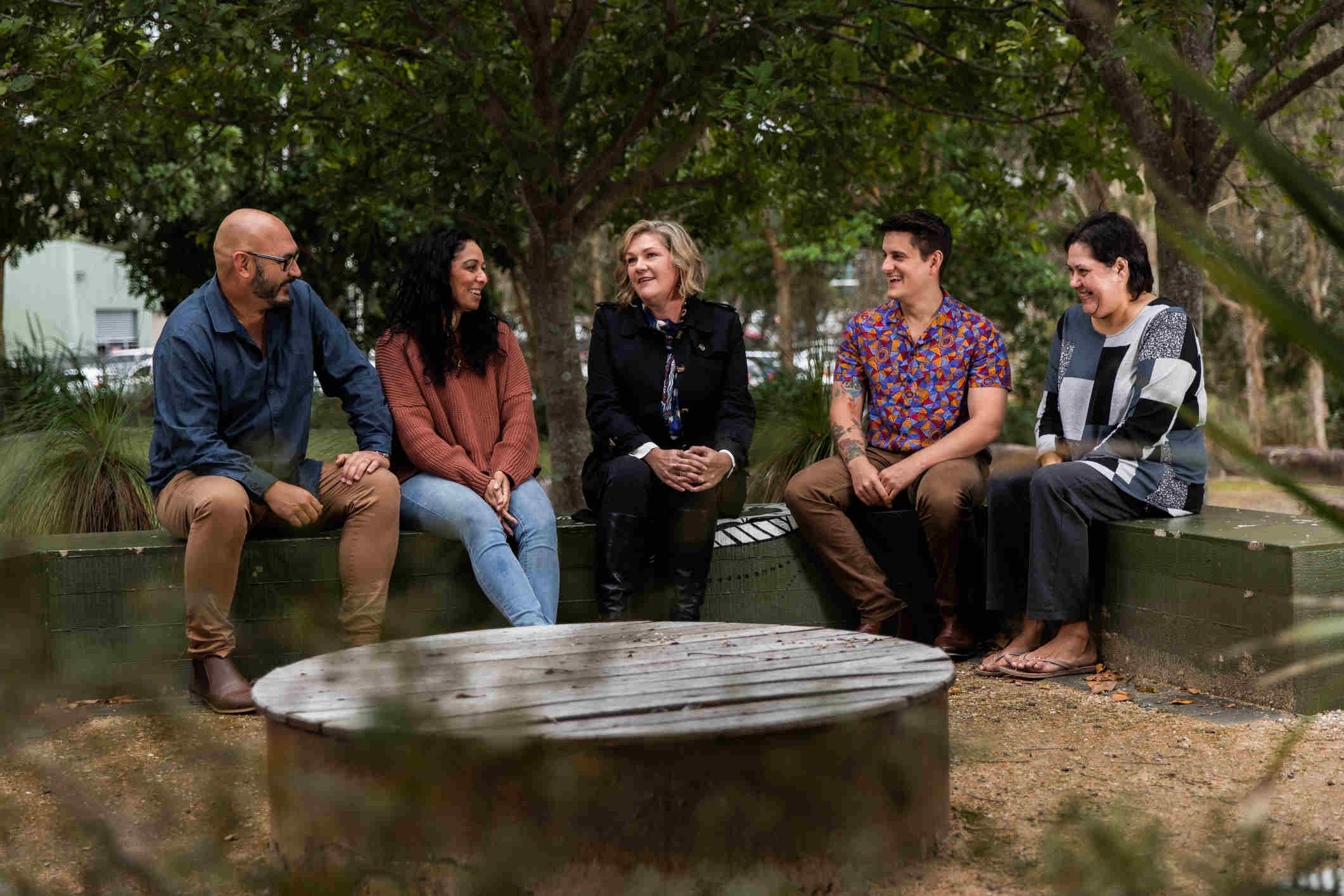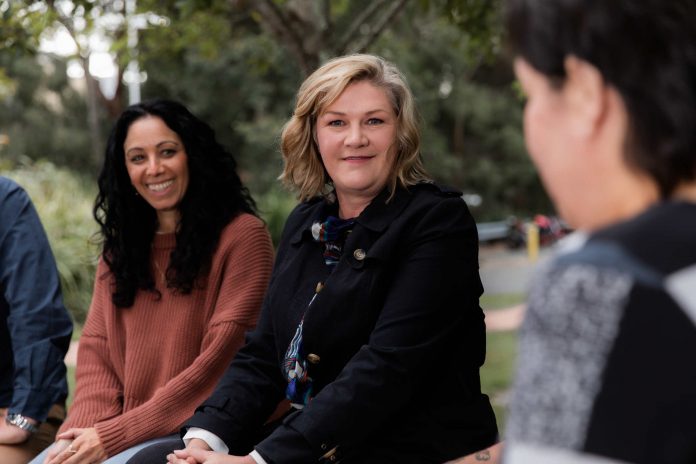A proud Wongaibon descendant and academic hopes her research could change the way Indigenous studies are taught in schools.
Justine Grogan, an Associate Lecturer in Indigenous Studies in the School of Law and Society at the University of the Sunshine Coast, is completing a PhD on how Indigenous studies are delivered and developed into the national school curriculum.
She hoped her research, revealed during NAIDOC Week, will raise awareness on how stereotypes perpetuate Indigenous inequity in education and identify steps to teach “true history and its modern impacts”.
“My research, which included 357 surveys over two years, found that students rely on two types of knowledge banks, formal from schooling, and informal which comes from personal experience,” Ms Grogan said.
“In primary school, stereotyped misconceptions come in the form of trivialised art forms and crafts and perpetuating the noble savages and hunter/gatherer myths.
“Secondary schooling sees an overexposure to Rabbit Proof Fence, a movie which could be an effective resource to unpack motivations behind child removals, though without teacher guidance it becomes a ‘tick a box’ curriculum resource and students become bored.”
She said while some students noted learning about colonisation and its modern-day impacts, which continued to affect the health of Australia’s first peoples, these teachings were often limited in the classroom.
Ms Grogan’s research stemmed from a question she posed at the beginning of every Aboriginal and Torres Strait Islander Education course: “What do you already know about Indigenous peoples and contemporary issues?”

After years of hearing responses focused on untruths, deficit perspectives and what constituted “real” Indigenous heritage, Justine said she was propelled to find out where the perceptions originated.
Some students said they were taught that Truganini, a woman who was, incorrectly, considered by European colonists to have been the last full-blooded Aboriginal Tasmanian, was the last of the “real” Aboriginal peoples.
“What surprised me most was how some teachers were speaking about Aboriginal people in the “past”, which leads to non-Indigenous peoples questioning Aboriginality such as, “how much do you have in you?”
Ms Grogan said these kinds of blood quantum theories, used by governments to measure how much Indigenous blood a person had in order to determine citizenship rights and whether they were entitled to property or benefits, drove a dangerous narrative.
This year’s NAIDOC Week theme ‘Get up! Stand Up! Show Up!’ called for a brave and genuine commitment to support and secure institutional, structural, collaborative, and cooperative reforms – a theme exemplified by Ms Grogan’s research.
“My research highlights how institutional racism is still very much a part of Australia’s social fabric,” she said.
“It shows how misconceptions deflect how white privilege works by shaming the victim and how this is maintained within schooling institutions.
“If we don’t speak up, we conform, and that does not bring about change.”

Professor Maria Raciti, Co-Director of UniSC’s Indigenous and Transcultural Research Centre, and Ms Grogan’s PhD co-supervisor, said the research was a “game-changer.”
“Justine’s research found that her UniSC Indigenous Studies course made a real difference in transforming students’ understanding by addressing misconceptions and developing a genuine appreciation of Aboriginal people and culture,” Professor Raciti said.
“While some students resisted the course content, those who were younger, more recent school leavers, as well as males, tended to be more likely to fully accept the course content and emerge with a new, positive and deeper understanding.
“This year’s NAIDOC Week theme is all about being brave and speaking up, something which Justine has been exemplary at.
“Teaching the teachers who will go into classrooms and pass on their knowledge has a ripple effect, and that’s how we change the system.”
Help us deliver more stories that inform, connect and celebrate the Sunshine Coast by signing up for our free Daily News Feed: Please go to SUBSCRIBE at top of this article and add your name and email address.
Matthew Smith, a current UniSC student in his second year as a pre-service primary school teacher, said prior to attending Justine’s lectures he had “very limited” Indigenous education.
“I am forever grateful to Justine for sharing her wealth of knowledge and providing me with clarity,” Mr Smith said.
Ms Grogan’s ultimate message is straightforward: “Tangible steps we can take include actively seeking to educate ourselves and others on true history and its modern impacts.”





